Frontlist | Chicago's Marisel Vera explores Puerto Rico's history in new novel, 'The Taste of Sugar'
Frontlist | Chicago's Marisel Vera explores Puerto Rico's history in new novel, 'The Taste of Sugar'on Dec 08, 2020
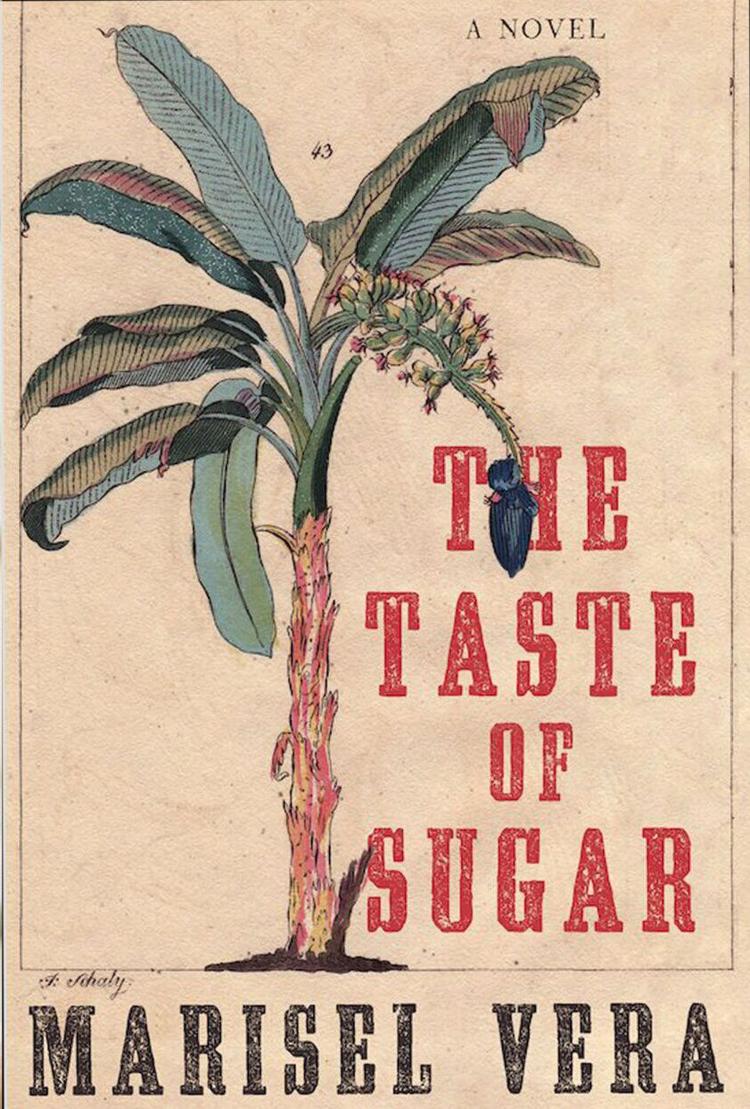
CHICAGO — Marisel Vera always knew she was a writer. Growing up in Humboldt Park, the daughter of Puerto Rican immigrants said before she was a writer, she was a reader who didn't feel represented in books.
I never saw myself in books, she said. So although I knew that I was a writer, I never ever thought I could be a novelist, because I never saw that any Puerto Rican had written a novel in the English language, until I was much, much older. And when I saw a couple books like that, the people were from New York, so not my experience at all.
Her latest novel, The Taste of Sugar, follows newlyweds Valentina Sanchez and Vicente Vega's journey from Puerto Rico to work on sugar plantations in Hawaii, one of the United States' newly acquired territories in 1900, after losing everything in the San Ciriaco hurricane.
We talked with Vera before her upcoming event at The Book Cellar with daughter and local theater artist, Alyssa Vera Ramos on Nov. 18. The following interview has been condensed and edited.
Q: In The Taste of Sugar, protagonists Vicente and Valentina are surprised by the empty promises when they arrive in Hawaii, following the devastating San Ciriaco hurricane of 1899. There seem to be quite a few parallels with how the Trump administration handled Hurricane Maria in 2017, where residents are still recuperating from the damage. Was this intentional?
Answer: I wrote that two or three years before Hurricane Maria. I was living in Switzerland at the time, because my husband was working there. And I wrote it, and then Hurricane Maria happens. So that's why I think sometimes people say things happen when they should happen. Maybe if this book had gotten published before, I don't know. It was kind of the right time for it. Nobody cared about Puerto Rico before Hurricane Maria.
Q: The island of Puerto Rico has been a United States territory for over a century. In the acknowledgments section, you wrote, As the daughter of Puerto Ricans who were taught little of their own country's history, I've been obsessed with learning about my heritage for years. Why is it important for more people to know Puerto Rico's history, especially now, when Puerto Ricans have voted in favor of statehood?
Answer: My sisters appreciated The Taste of Sugar, and I said that one of the reasons I really wanted to write it was for people like us, and also my kids. But my generation, we were the first teenagers in Chicago who were Puerto Rican; in the newspapers and TV they would call us thugs, you know, things like that.
And it was really hard growing up in Chicago as Puerto Ricans. Sometimes your relatives said your Spanish wasn't great, they would say you're not really Puerto Rican. They would call you American, but you go out in the world, you're not called American — you're Puerto Rican. You don't know where you are, you're kind of like in quicksand.
Puerto Rico is a colony of the United States. (Although Puerto Ricans are U.S. citizens, they don't have voting rights and the island is classified as unincorporated territory more than 120 years since it was annexed during the Spanish-American War.) When you know your heritage, when you know where you came from, that gives you something, a connection to your ancestors. My parents made sacrifices and their parents made sacrifices and they suffered things that were out of their control and why? This is why, this is why we came here.
I think that when you know Puerto Rican history, you also learn American history and you learn the truth about your country. And I think we have to know the truth about our past.
Q: What do you hope readers take away after reading The Taste of Sugar?
Answer: For Puerto Ricans, I just want it to be a celebration of our culture and our history, our ancestors, and for people who aren't Puerto Rican, I hope that they will come through with an open mind and a willingness to learn the history of Puerto Ricans in Puerto Rico and the basic history of why Puerto Ricans left the island, because this has to do with now.
This novel is the first exodus of Puerto Ricans who left Puerto Rico for work; it was kind of government sanctioned. When my parents came in Operation Bootstrap, that was the second exodus. (Operation Bootstrap was a series of federal programs during the mid-20th century to industrialize Puerto Rico's economy.) The Puerto Ricans who left because of Hurricane Maria, that's the third exodus. It changes throughout the years, but fundamentally, the reasons are the same.
Q: What are you working on now?
Answer: I'm working on a novel about four Puerto Rican girls growing up in 1970s Chicago, with the working title The Girls from Humboldt Park. I'm also working on a play with my daughter about reproductive injustice against Puerto Rican women, called You Can't Cover the Sky With Your Hand. It's a Puerto Rican dicho meaning the truth will come out.
Frontlist Article news
Frontlist New Novel Launch News
Frontlist Novel news
New novel
The Taste of Sugar



.jpg)






.jpg)
.png)
.jpg)
.jpg)
.jpg)
.jpg)
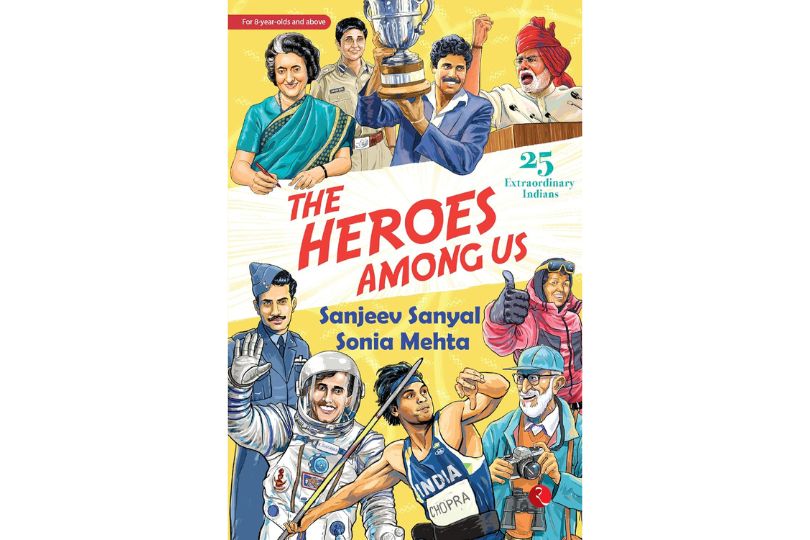
.jpg)


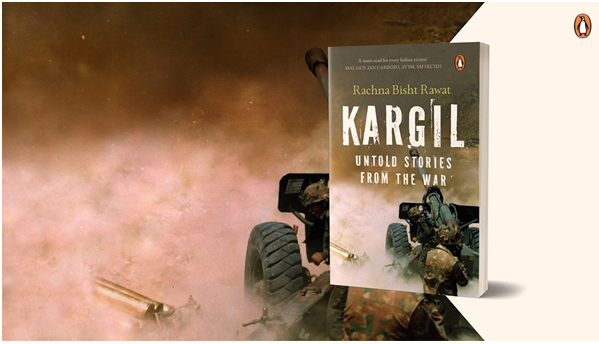
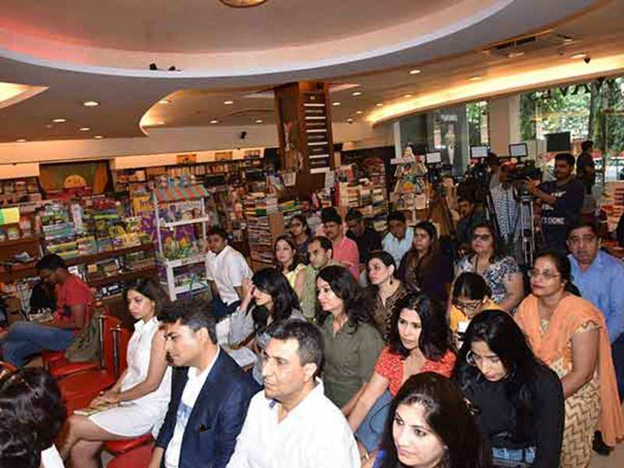





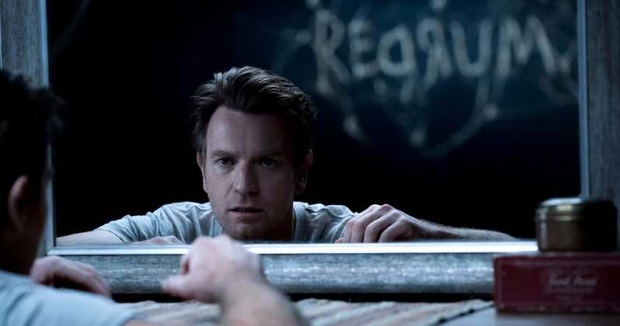
Sorry! No comment found for this post.